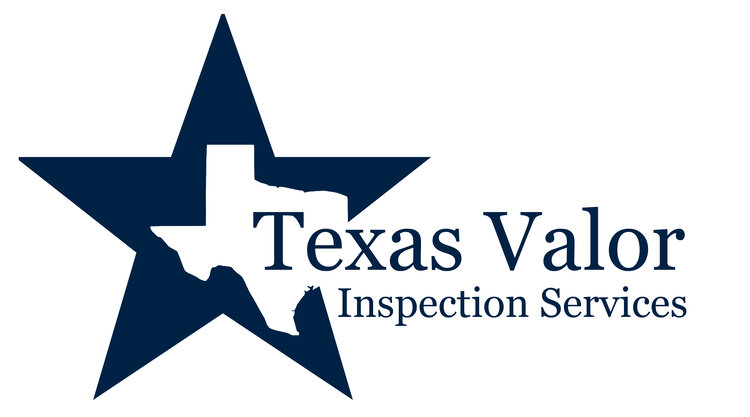When a house is sold, offers received from buyers will almost always contain a contingency of an option period. The option period allows a buyer to schedule any inspections they want done to make sure the home doesn’t have any issues that are typically unnoticeable during showings such as electrical issues, termites, plumbing issues, foundation problems, roof problems, mold, etc. Inspections are almost always done at the buyer’s expense.
Because inspections cost the buyers money, buyers usually wait until they have the home under contract to have them performed. To compensate a seller for taking their home off the market temporarily for the option period an option fee is paid to the seller by the buyer.
The option period allows the buyer to negotiate repairs or renegotiate the purchase price based on any issues their inspections may have found with the seller. If an agreement cannot be reached, the buyer has the option to terminate the contract and receive all of their earnest money back.
The professional home inspection is the most standard inspection performed and will often be the springboard to deciding whether or not to pursue additional inspections based on the home inspector’s feedback and report.
A professional property inspection is an impartial third-party visual evaluation of the physical structure, foundation, electrical, plumbing, heating, air-conditioning, roof, built-in appliances, interior, and exterior walls, doors, and windows.
Upon completion, you will receive a State of Texas mandated formal report detailing the material conditions of each element inspected at the time of inspection.
Typically, a Certified and TREC Licensed Professional Home Inspector will recommend further inspections for any item they see may have a potential issue such as electrical, roofing, or foundation.
The average cost of a home inspection in Texas is about $350-$600 and varies based on the size of the home and may include the inspection of outbuildings, pools, spas, and outdoor kitchens.

